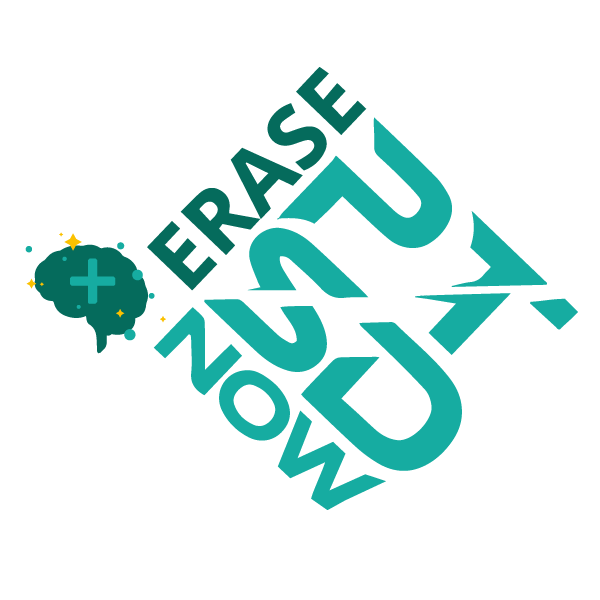What Can Mental Health Charities Do for You?
For people suffering from Post Traumatic Stress Disorder (PTSD), it is always a stressful feeling. For 24 hours a day, people who have PTSD see their mental health decline gradually if they do not have access to great mental health care. Fortunately, there are many mental health charities that devote themselves to ensure that PTSD victims will receive mental health services.
To emphasize, these charities can function like PTSD charity organizations that help people living with the disorder begin living well. Many people living with PTSD include combat veterans, sexual assault survivors, and those are going through drug and alcohol abuse. To begin, here are some charities that can help people find qualitative services that will help them live easier lives.
Drug Rehab USA
Drug Rehab USA strives to reduce drug abuse by helping people locate proper addiction treatment and provide accurate recovery information. This nonprofit emphasizes mindfulness about people who abused substances to avoid stigma and discouragement. The nonprofit's goal is to let everyone know that people suffering from substance abuse is doing their best to live well. For people suffering from PTSD, Drug Rehab USA provides a service that lets people find the nearest drug facilities near their homes.
Mental Health America
Mental Health America (MHA) is the country's leading community-based organization that addresses the needs of people living with mental illness. Furthermore, it also believes in promoting their overall mental health, especially those living with PTSD. This nonprofit group states that mental health is, in fact, a critical part of overall wellness. Also, Mental Health America provides prevention services for all; early identification and intervention for those at risk. Not to mention, it has integrated care, services, and supports for those who need them.
Mental Health Institute of America
The National Institute of Mental Health (NIMH) is the leading federal agency for research on mental disorders. NIMH is one of the 27 institutes and centers that make up the National Institutes of Health, which is part of the U.S. Department of Health and Human Services. NIMH envisions a world in which mental illnesses are prevented and cured. Additionally, NIMH wants to transform the understanding and treatment of mental illnesses through basic and clinical research. By doing that, it can pave the way for prevention, recovery, and cure.
In fact, NIMH is the largest scientific organization dedicated to research focused on the understanding, treatment, and prevention of mental illness. It also conducts outreach to other mental health organizations to share information about ongoing research and plans and to obtain feedback for future initiatives.
National Alliance on Mental Illness
National Alliance on Mental Illness (NAMI) is one of the largest mental health organizations that aims to support Americans suffering from mental illness. To start, the nonprofit began as a small group of families gathered around a kitchen table in 1979. In addition, NAMI strives to change the way people view mental illness and to get rid of its stigma. In summary, it provides education, advocacy, listening to the public, and leadership. It also offers educational programs to ensure that families, individuals, and educators get the support and information they need.
National Council for Behavioral Health
The National Council for Behavioral Health is the unifying voice of health care organizations that deliver mental health and addictions treatment and services. The nonprofit contains 3,326 member organizations that offer mental health and addiction treatment. It encourage their members to unite their voices in an effort to protect behavioral health care.
Military OneSource
Military OneSource is a Department of Defense program designed to help active duty, National Guard, and Reserve military service members and their families cope with the rigors of military life. It also provides free, confidential, non-medical counseling 24/7 to veterans coping with PTSD. Furthermore, these services are available on the phone or online 365 days a year, 24/7.


